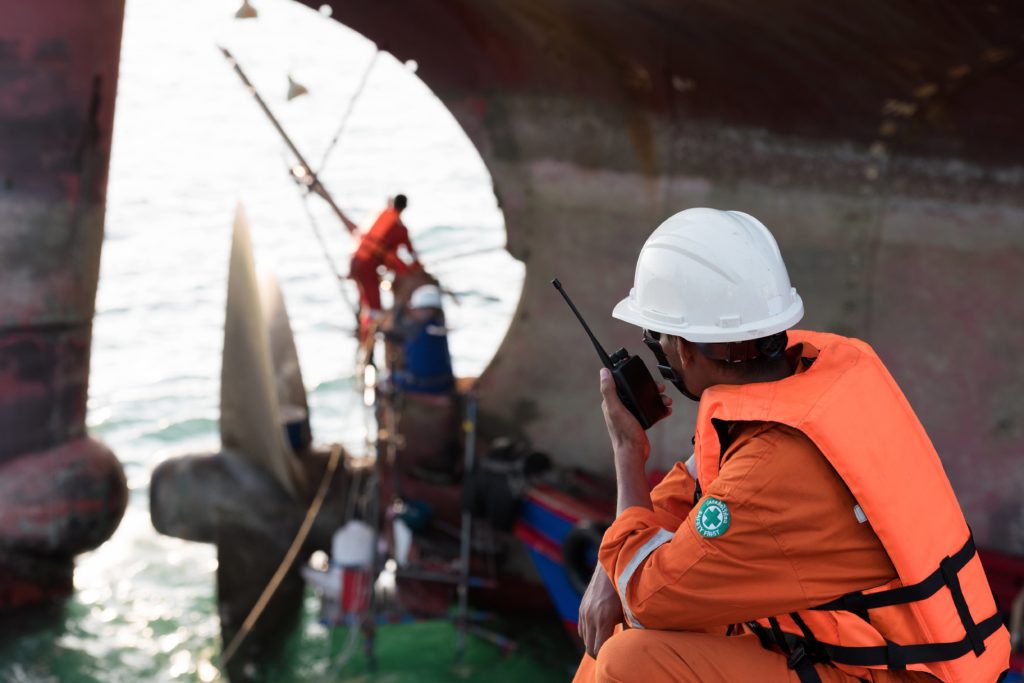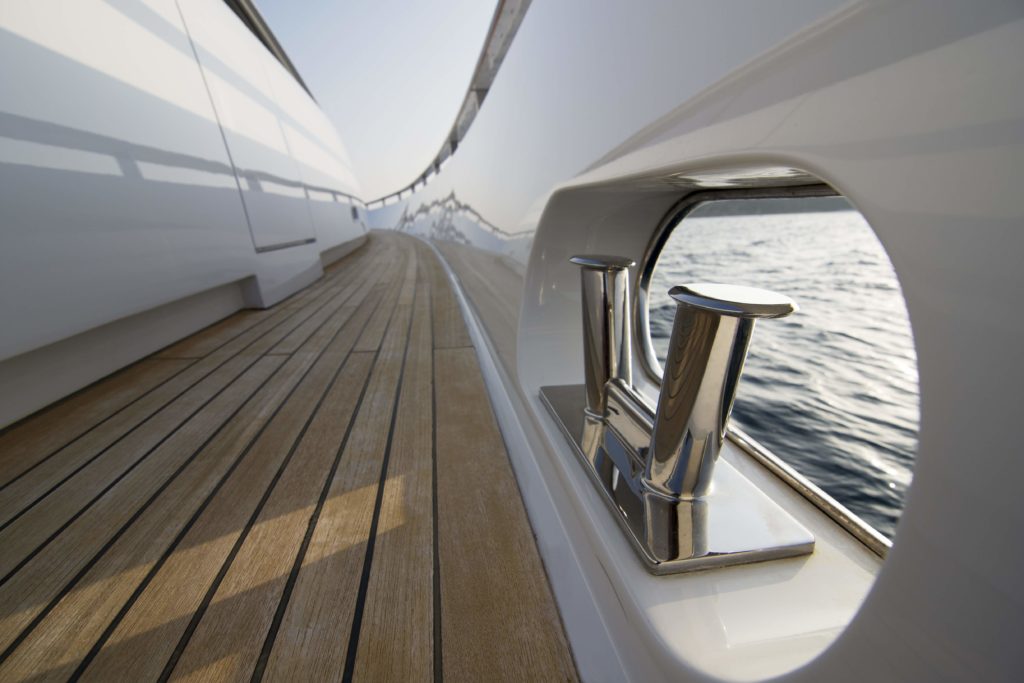Salary survey reveals more than wages

Talent drain, lower pay for women, and recruitment challenges
The results from the recent national marine industry salary survey, conducted by Marine Resources, shows that while salaries within the marine industry are above the national average, there are roles that employers are struggling to fill. Plus there’s difficulty attracting talent from outside the marine industry and particularly worrying is that 59% of current employees would be happy to leave the industry. And, no surprises, women are paid less than their contemporaries.
Difficult to recruit roles
According to respondents, roles within the field of engineering were listed as the most in-demand (37%) with design and technical in second place (27%). Engineering roles also took the top spot for hardest to recruit for (18%), followed by technical sales (15%).
The most common reasons cited for hiring difficulties were high salary expectations, the low number of qualified candidates available, appeal of contract working, and the drain of talent from the marine industry to other industries offering higher pay.
Administration and general sales roles are easiest to recruit for, with 36% and 17% respectively. The reduced requirement for specific skills and qualifications, along with low barriers to transferring skills from other industries, were listed as some of the reasons why this was the case.

Talent drain
The perceived talent drain within the industry, acknowledged as a key reason employers struggle to recruit specialist positions, is supported by the survey’s results, with 59% of employees stating that they would consider moving to another industry away from marine.
Lack of young people
Just 3% of those surveyed were aged under 25. This compares to a reasonably even split across the other age brackets, with 27% aged 25-34, 23% aged 35-44, 24% aged 45-54, and 20% aged 55-64 responding. Could this represent a concerning lack of young people entering the industry? Marine Resources thinks so.
“With a concerningly low level of under 24s in the industry, and with a lack of training identified as a separate issue, it is easy to see that significant challenges are coming down the road if investment isn’t forthcoming,” says James Ward, md Marine Resources.

Gender pay gap
Results relating to the gender pay gap show that women in the industry are paid on average 10% less than their male colleagues. When compared to the latest figures for the UK as a whole, the marine industry has a smaller gap than the national average, which some might argue is something to be proud about. However, ask any woman in the marine industry how proud she feels earning 10% less than her colleagues.
“It’s clear that more investment is required to reduce the gap to zero and attract more women into the industry,” says James.
According to Marine Resources there are other concerning disparities between the sexes when it comes to career progression. For example, 34% of female respondents earned less than £25,000, compared to just 14% of males. Equally, at the other end of the salary range, only 10% of females earn over £55k, compared with 25% of males.
The question with any survey data is what can you do with it, what happens next?
There is a very simple solution to the gender pay gap – pay women equitably.
“Equally clear is employers need to do more to support those entering the marine industry, with regular training and better levels of renumeration as they progress their careers if they want to retain the best talent,” says James. “We can see from the results that a shortage of specialist skills is already an issue, and this is only going to get worse if employers don’t respond to what they are being told by their employees and address the issues head on.”
Read the full report online.
Percentage figures have been rounded.










